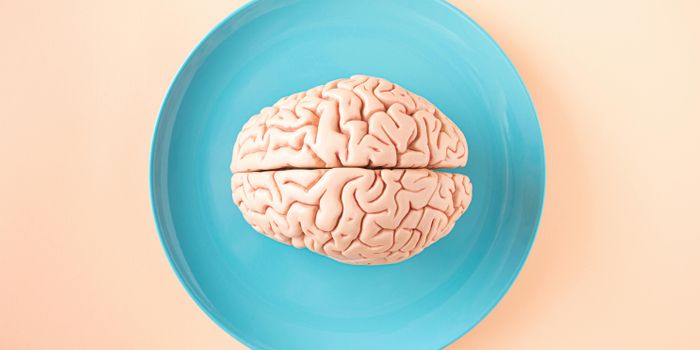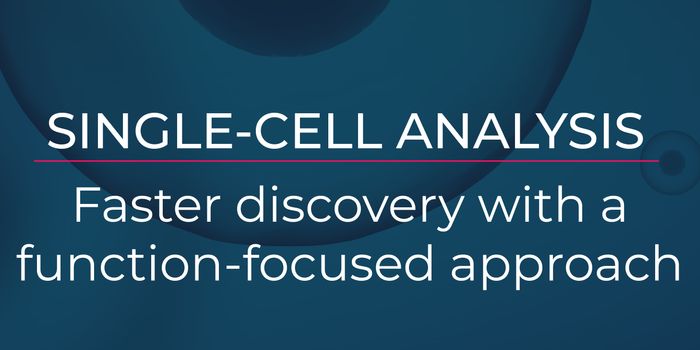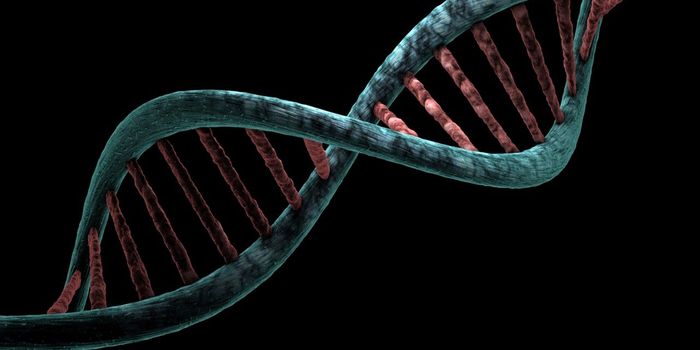Math Model Predicts Anti-inflammatory Drug Efficacy Post-heart Attack
Researchers created a mathematical model that can predict effective drug combinations for reducing inflammation following heart attack. The corresponding study was published in the Journal of Theoretical Biology.
Heart attacks are typically caused by blockages in coronary arteries- the vessels that supply blood to the heart. Around 800,000 Americans experience a heart attack every year, with around 30% of incidents resulting in death. Even for survivors, however, damage to the muscles of the heart is permanent and can lead to dangerous inflammation.
Treatment following a heart attack usually involves reperfusion therapy- a combination of surgery and drugs. Even after this treatment, however, around 50% of patients are hospitalized again within a year. This in mind, new methods to treat those who have had a heart attack are crucial for improving prognosis.
For the present study, researchers developed a mathematical model of heart attack to assess the efficacy of immunomodulatory drugs used after perfusion therapy to reduce inflammatory damage to the heart. The model was represented by a system of partial differential equations and included impacts on immune cells, including neutrophils, macrophages, and cytokines. The data used to make the model came from mouse studies.
In the end, the researchers found that certain combinations of these drug inhibitors were more efficient at reducing inflammation than others. While a promising first step towards identifying effective anti-inflammatory treatments following a heart attack, the researchers noted that their findings are purely theoretical and that more ‘precise mouse data’ is needed before their work can become an ‘asset for other scientists’.
"Its going to be some years before we can actually integrate this kind of approach into actual clinical work," said Nicolae Moise, lead author of the study and a postdoctoral researcher in biomedical engineering at Ohio State University, "But what we're doing is the first step towards that."
Sources: Science Daily, Journal of Theoretical Biology









